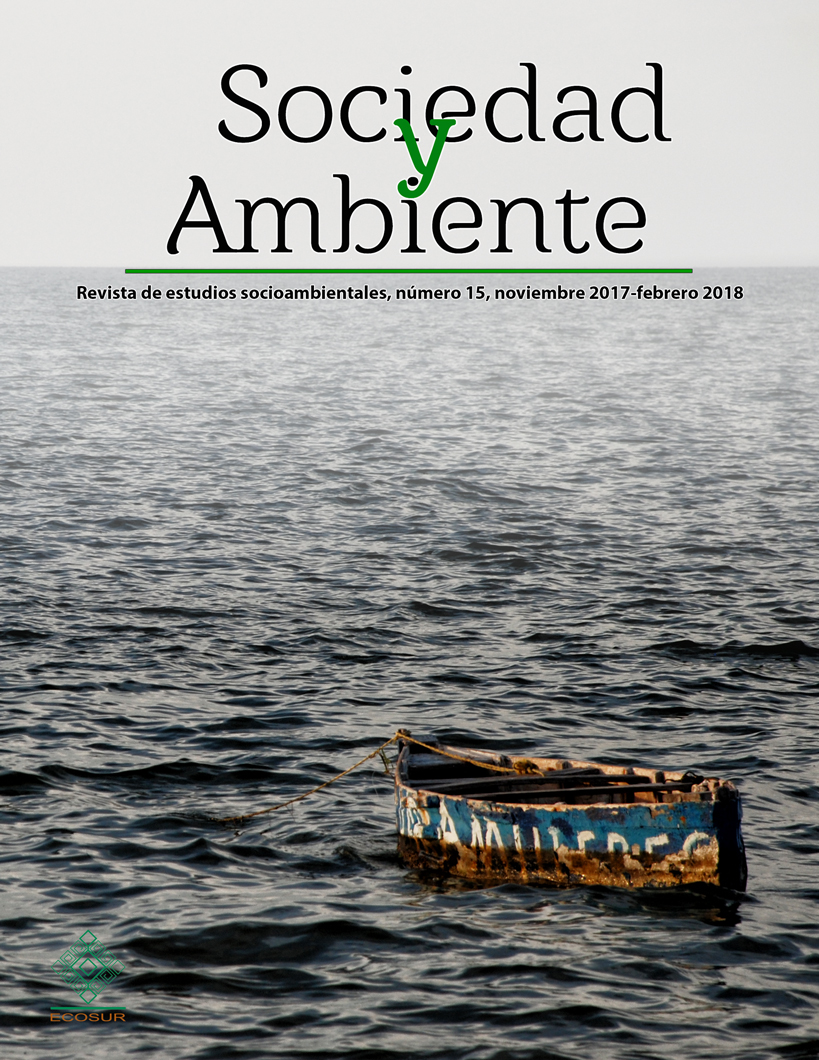Abstract
Aquaculture is becoming commercially important as a result of the crisis in the world’s major fisheries. There are currently over 30 international certifications for fishing and aquaculture companies to accredit proper environmental management, in order to avoid criticism and the boycotting of products by environmental groups. In particular, the effectiveness, management and sustainability of certifications focusing on the fisheries sector have been criticized, and been the subject of various studies and scientific publications. Conversely, aquaculture certifications have scarcely been analyzed and some recommendations focusing on fisheries certifications have been used in aquaculture certifications. The aim of this paper is to use a bibliographical analysis to determine whether certifications for aquaculture have been the subject of scientific research in the same way as fisheries certifications. An analysis of 49 publications revealed s scant research on the effects of certification on aquaculture compared to certification for fisheries. The main recommendations to improve aquaculture certifications are: 1) to encourage the local participation of small producers, 2) the formation of multi-sectoral networks, 3) the design and dissemination of clear rules, 4) transparent processes to generate credibility and trust, and 5) the goal of product and ecosystem sustainability. The article concludes that there is a need for a regional sustainable aquaculture scheme seeking alternatives rather than private certification, mainly through the creation of producer and consumer networks, in a community management scheme that will foster a sense of ownership of the resource and therefore the conservation of aquaculture resources.

Sociedad y Ambiente by ECOSUR is licensed under a Creative Commons Reconocimiento-NoComercial-SinObraDerivada 2.5 México License


